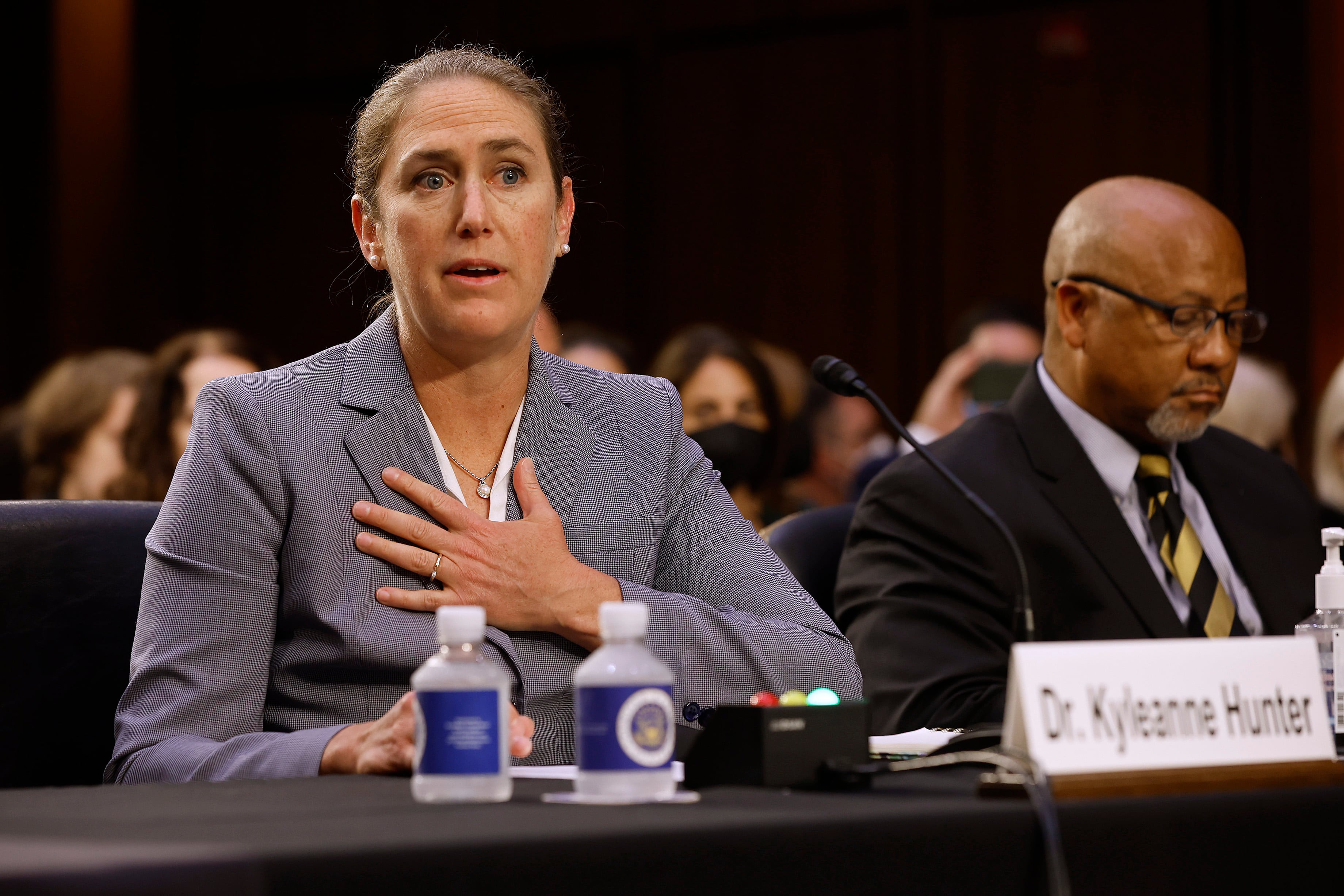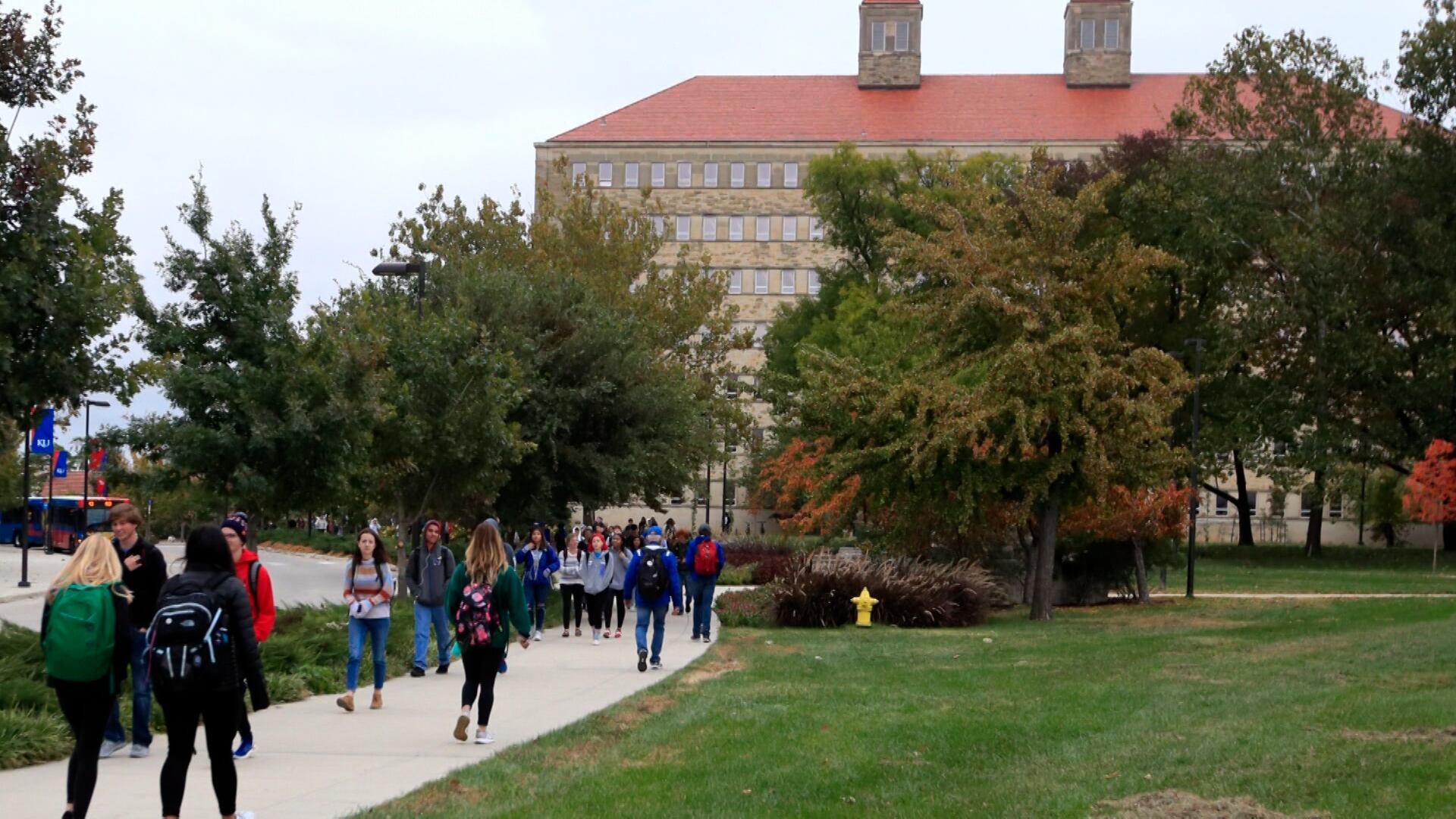SITKA, Alaska – After a delay of more than six decades, Mike Perensovich has received the prestigious Air Medal for the some 200 missions he flew as a flight engineer in the Berlin Airlift.
To say he's been patient would be an understatement.
"I waited for a while, but then I forgot about it," said the longtime Sitkan. "It wasn't until later years, and a friend said if I didn't press it, they would."
Joe Meador, a longtime friend of Perensovich's, presented him with the medal at Corrigan Hall of St. Gregory's Catholic Church in a ceremony attended by the Air Force veteran's friends and family.
Meador, flotilla commander for Coast Guard Auxiliary Sitka, had successfully worked through the channels with his friend David Levesque to procure the medal after other attempts failed.
The Air Medal was established in 1942 and is given to military service members who distinguish themselves "by meritorious achievement while participating in aerial flight."
Perensovich, now 87, was originally scheduled to be honored for his airlift service in 1949, but a number of circumstances caused the 65-year delay.
Meador said Monday he was honored to present the medal to Perensovich for his work in the famous airlift, in which the United States and its western allies flew essential food, fuel and supplies to the population of West Berlin after the Soviet Union cut off road, rail and canal access to the city. The round-the-clock transport flights ran from June 1948 to September 1949.
"He was due his medal from way back," said Meador, who donned his uniform as Coast Guard Auxiliary flotilla commander to present the medal. "Knowing what it meant ... It was an honor."
The son of an immigrant coal miner, Perensovich joined the Army Air Corps — the predecessor to the Air Force — in February 1945 at the age of 18, and was initially a flight mechanic stationed at Rhein-Main Air Base in Frankfurt, Germany.
"I didn't even finish high school," he said. "All my friends had gone. The country was extremely patriotic. ... Everyone had relatives in the service." His older brother, Nick, was in the Army as a member of the 88th Infantry Division, known as the Fighting Blue Devils.
Mike was initially a mechanic but during the airlift he became a flight engineer on a Douglas C-54 Skymaster, operating flaps and landing gear, keeping an eye on instruments and in general "helping the pilot out" while the planes flew a 20-mile-wide air corridor through the Russian zone to West Berlin from the U.S. base in West Germany.
Perensovich estimated he flew between two and five flights a day as a member of the 15th Troop Carrier Squadron in the 61st Troop Carrier Group, with a total of over 200 missions.
He said the flights were not particularly exciting but, he added, "every once in a while a Russian plane would pass by." His squadron also flew 24 hours straight on two occasions. His tour was up after 42 months, and he was the flight engineer on the plane that brought him back to the U.S.
It was a strange set of circumstances that led to the delay in the award of the medal, Perensovich said in a recent interview at his home.
He was nominated for the Air Medal while in Germany. He was taken to Wiesbaden to receive the award when he was informed by Gen. William H. Tunner's aide that the general would be along shortly to present medals to him and about a dozen other airmen from England, France and the U.S. Unfortunately, an emergency occurred, Tunner ran short on time, and had time to present honors only to the French and English flyers.
"It was a courtesy to the visiting airmen," Perensovich said. "They said they'd catch up with us later. They never did."
After serving 42 months he received his discharge at Olmstead Air Force Base in Harrisburg, Pennsylvania. As an Air Force reservist, he went on active duty again during the Korean war, after which he was discharged at Randolph Air Force Base in Texas.
"I thought they would catch it," he said of his medal. "They never did."
It didn't help that a fire had destroyed the records from A to P at the U.S. military records center in St. Louis, Missouri.
"That posed a problem," he said.
Perensovich got on with his life, earning a bachelor of science degree in wildlife biology from Humboldt State University, and going to work for the Fish and Wildlife Service in Juneau. He later became the only biologist on the north Tongass National Forest, working for the U.S. Forest Service, and retired in 1981.
When asked by friends and family in recent years why he didn't keep trying to collect his medal, he did. But each route and inquiry led to a dead end. Even enlisting the help of Sen. Mark Begich didn't help.
"No luck," he said. "Without having a copy of the orders, it's hard to confirm or verify my service."
Perensovich said he didn't know whether it would ever happen until Meador and Levesque gave him their news.
"They said, 'we were able to get the medal for you,'" Perensovich said.
Congress also authorized a Medal for Humane Action for all military personnel who helped with the Berlin Airlift.
Perensovich received this service medal — a depiction of the four-engine C-54 planes Perensovich flew in — in a timely manner.
He and his wife, Lois, raised four children in Alaska, Randy, Gary, Terry and Cindy, most of whom were able to attend the award presentation on June 7.





